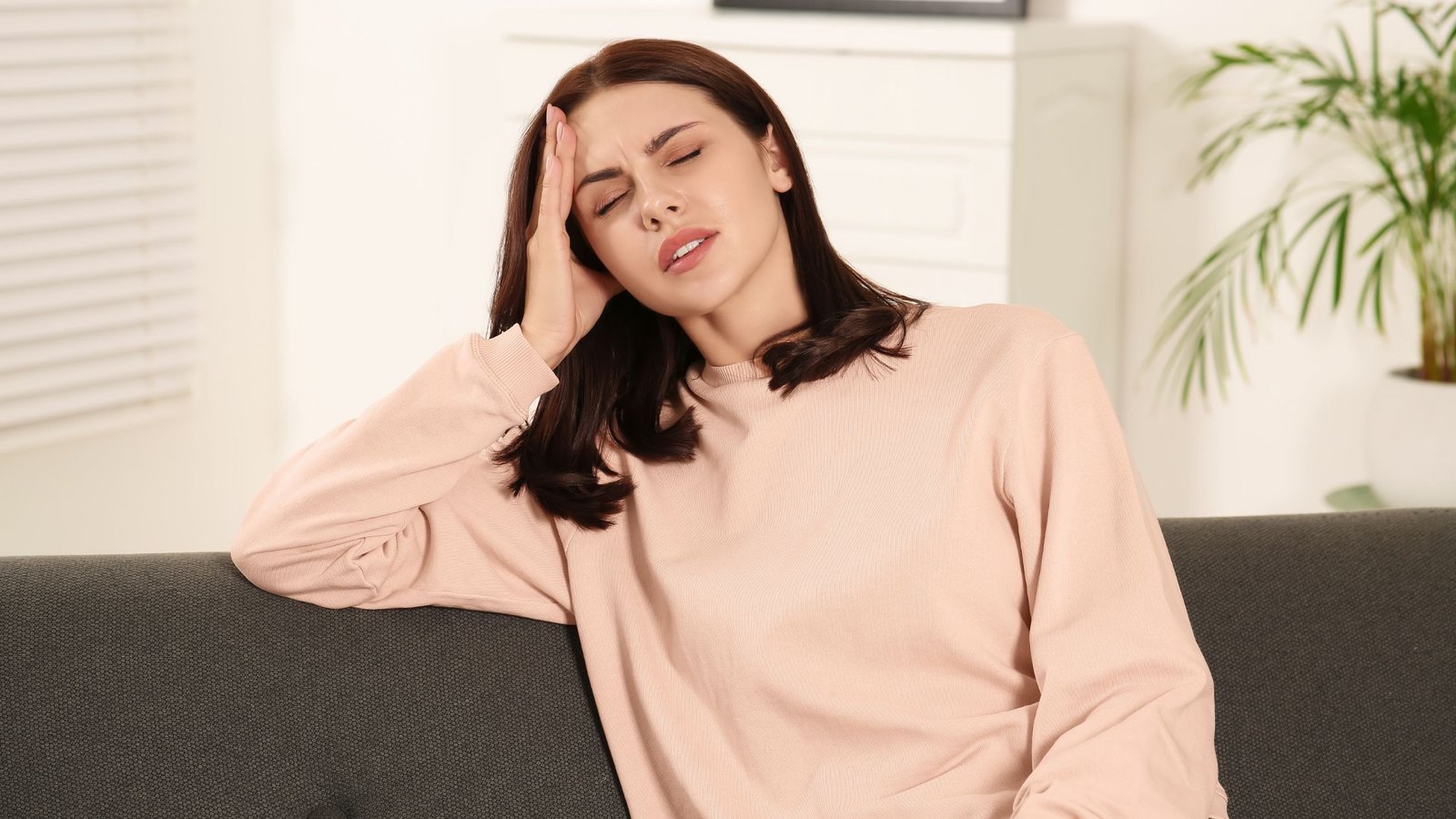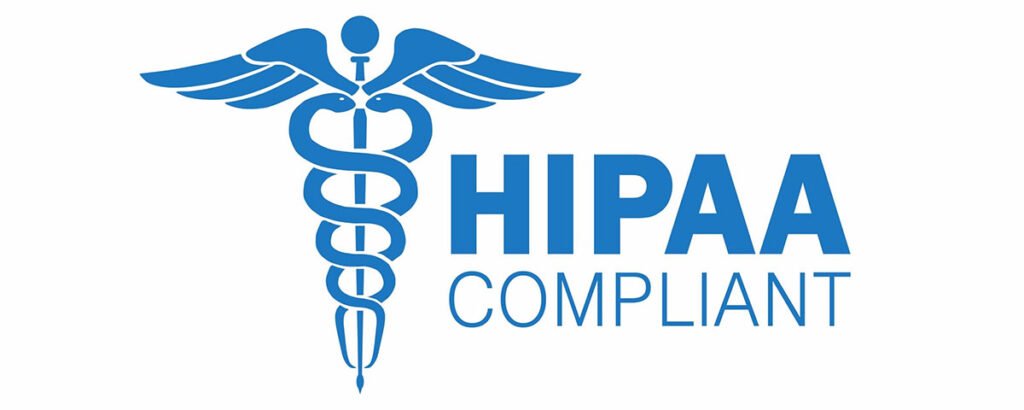
info@askdrolz.com
Ask Dr Olz (Pty) Ltd 505 West Avenue Ferndale, Randburg 2194 South Africa

Women’s hormonal health plays a crucial role in overall wellbeing, affecting mood, energy, metabolism, reproductive health, and more. Hormonal imbalances can lead to symptoms such as irregular periods, mood swings, fatigue, weight changes, and skin issues. Thankfully, there are natural ways to support and maintain balanced hormones for lasting health and vitality.
Hormones like estrogen, progesterone, and testosterone regulate numerous bodily functions in women. Fluctuations commonly occur throughout menstrual cycles, pregnancy, menopause, and with age. Maintaining hormonal balance is essential for:
When hormones become unbalanced, symptoms like irritability, hot flashes, fatigue, and weight gain can arise.
Eating a balanced diet rich in whole foods supports hormone production and detoxification. Key nutrients include:
Chronic stress elevates cortisol, disrupting other hormones. Practices such as yoga, meditation, and regular exercise help reduce stress and promote balance.
Sleep quality impacts hormone regulation. Aim for 7-9 hours of restful sleep to support hormonal cycles and overall health.
Supplements can help correct nutrient deficiencies and modulate hormones naturally. Popular options include:
Choosing high-quality supplements formulated specifically for women’s hormonal health maximizes benefits.
If symptoms of hormonal imbalance persist despite natural efforts, consulting a healthcare professional is important. Hormonal testing and personalized treatment plans—including lifestyle, nutrition, and possibly bioidentical hormone therapy—can restore optimal balance.
Balanced hormones are the foundation of women’s health and vitality. Embracing natural strategies like a nutrient-rich diet, stress reduction, quality sleep, and targeted supplements empower women to support their hormonal wellness effectively.
Explore trusted supplements and wellness tips designed for female hormone balance—start your journey to hormonal harmony and better health today!
Balance Within, Thrive Beyond


My mission is to empower individuals to achieve optimal health through holistic and integrative care. We are committed to providing personalized telehealth consultations and premium wellness products that support and enhance your well-being.
WhatsApp us
2 Responses
I m 42 years old woman who just started with perimenopause or menopause not sure because i had hysterectomy ( removed Uterus only) in 2018. I started seeing the symsptoms around August of which was ended up diagnosed with TAI with no blood clot nothing. I m placed on cholestrol medication . in August my Cholestrol was below 5 of which Neurosurgeon could not explain what was wrong with me. I was Dizzy, feeling tired all the time, Sleepless nights. Then I decided to test for FHS . LH of which confirmed that FSH level is 27.2 and LH level is 36.1 and Estradiol is 325.
I then approached my GP request him to place me on HRT of which all sysmtopms were much better compared before. since i was told about TAI I decided to stop HRT fearing for my life and I statred with tension headache that i m dealing with daily .I did research about it and its one of the menopause symtomps . please assist with how to cope with tension daily .
Thank you for sharing this. What you’re going through makes a lot of sense, and many women in their early 40s experience something similar, especially after a hysterectomy.
Even though your uterus was removed, your ovaries are still working, so you still go through the normal hormone changes. Your FSH and LH results show that your ovaries are starting to work harder than before, which is actually a classic sign of perimenopause. And the symptoms you mentioned – dizziness, fatigue, sleepless nights, headaches – all fit that picture.
About the TIA scare: anyone would panic after hearing something like that. But your neurosurgeon didn’t find a clot, and your cholesterol was already normal. So your situation is not the same as someone who had a confirmed stroke. It’s very possible that your symptoms were hormonal from the beginning.
When you stopped HRT suddenly, your estrogen levels probably dipped quickly. That can trigger tension headaches, sleep problems, and that constant tired feeling. Many women feel this “shock” to the system when they stop HRT too fast.
The tension headaches you’re dealing with now are very common in perimenopause. When estrogen drops or fluctuates, the neck and shoulder muscles tighten, sleep gets disrupted, and stress feels heavier on the body. All of this can show up as that daily tight, pressure-type headache.
A few things that can help you manage it day-to-day:
• Magnesium glycinate at night can help with both muscle tension and sleep.
• Warm compress on the neck and gentle stretching eases the tightness behind these headaches.
• Try to keep your blood sugar steady – skipping meals or eating lots of sugar can make headaches worse.
• A calming nightly routine helps a lot with sleep, which then reduces the headaches.
• Even a short walk or light movement each day can ease the tension in your neck and shoulders.
And regarding HRT: you felt better on it, and that’s important. You didn’t stop because it harmed you; you stopped because you were scared. Given that your TIA wasn’t confirmed, it’s worth having a calm, honest conversation with your GP or a hormone specialist. You’re still young, and supporting your hormones now can help protect your long-term health too.
If at any point your headaches become severe, sudden, or come with vision changes, weakness, or speech problems, please get checked immediately. But the daily tension-type headache you described strongly matches perimenopause and the sudden withdrawal of estrogen.
Thank you for sharing your story with us.